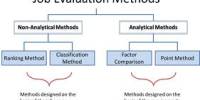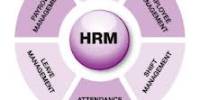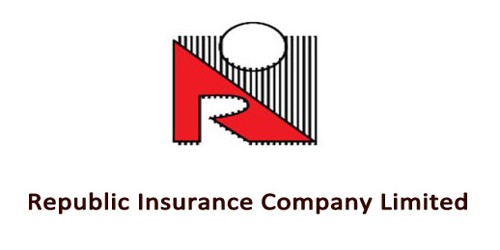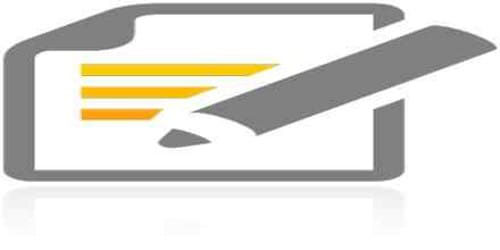Introduction:
Many compensation experts have concluded that the compensation alternatives are ordered in terms of decreasing desirability. In determining the desirability of compensation alternatives, the tax consequences to both the employer and employees must be considered. Although employees prefer to receive taxable compensation at times and in ways that result in the income being taxed at lower rates, holding the compensation amounts fixed, employers prefer to pay tax-deductable compensation at times and in ways that result in the payments being deductible at high rates.
Types of compensation planning :
There are different types of compensation planning:
- Salary versus deffered compensation.
- Salary versus Fringe benefits.
- Compensatory Loans.
- Cash Bonus Plan.
- Stock based compensation components.
How bonus plans benefits employers
Certainly retention of top talent is the key advantage to bonus plans, but they also offer flexibility, control and tax benefits:
- Bonuses are tax deductible for your business
- You have discretion in selecting participants
- There are no maximum or minimum contribution requirements
- No IRS approval needed
- The plan is designed to be simple and straightforward
- Employees may find it beneficial to stick with you so they won’t lose the benefit.
Restrictive Executive Bonus Arrangement
In addition to executive bonus benefits listed above, the following benefits also apply:
- “Golden handcuffs” are created through a restricted endorsement and vesting schedule
- Vesting schedule allows employer to recover some or all of the additional compensation if things with the employee don’t work out
- Restrictive endorsement requires employer approval for major changes to policy
Benefits for employees
The executive also gains a level of control and potential financial gains from this plan, including:
- The policy funding the executive bonus plan is owned by the employee.
- Any tax due on the bonus to the employee can be covered by an additional bonus from the company.
- Cash values accumulate tax deferred.
- Tax-preferred cash flow can be received from the policy by withdrawals and loans (assuming a non-modified endowment contract remains in force) .
- The employee controls the plan including selecting the beneficiary and allocating the assets.
- The employee chooses when to make retirement withdrawals and how much they will be.
- It’s a life insurance policy rather than a 401k or IRA, so there isn’t a tax penalty for taking a withdrawal prior to age 59 ½. If the employee takes a withdrawal, his or her beneficiaries will receive a reduced death benefit.
Some things employer and employees should keep in mind :
- This strategy does not guarantee returns or insulate you from losses, including loss of principal.
- As your personal situations change (e.g., marriage, birth of a child or job promotion), so will your life insurance needs; care should be taken to ensure that this strategy and product are suitable for your long-term life insurance needs.
- You should weigh your objectives, time horizon and risk tolerance as well as any associated costs before investing.
- Market volatility can lead to the possibility of needing additional premium in your policy to ensure it does not lapse.
- Variable life products allow the policyholder to choose an appropriate amount of life insurance that has an additional cost associated with it.
- Loans and partial withdrawals will reduce the cash value and the death benefits payable to your beneficiaries, and withdrawals above the available free amount will incur surrender charges.
- Nationwide and its representatives do not give legal or tax advice; you should consult your legal or tax advisor for answers to specific tax questions.
- Surrender charges vary by issue age, gender, underwriting rate class and product; these charges decline over time, so please see your prospectus for details.
- The death benefit and all guarantees are subject to the claims-paying ability of the issuing insurance company.
CASH BONUS PLAN:
Cash bonus plan is an important arrangement that may satisfy the demand for flexibility when tax rates change unexpectedly over time is a bonus plan, where the bonus is paid at year-end and the amount of bonus is at the discretion of the compensation committee of the board of directors rather than being set by a prespecified formula. With mutual trust between the employer and the employee, the bonuses can be timed strategically to coincide with high tax rates for the firm and low tax rates for the employee although such plans are extremely common in practice, they are probably used more for incentive reasons than for tax planning reasons.
CONCLUSION:
Cash bonus plans can be an effective tax planning tool because bonuses can be timed strategically to coincide with high tax rates for the employer and with low tax rates for the employee.
















